Kathmandu. People’s memories are associated with clothes, nostalgia is attached to them. That’s why I don’t want to throw away any clothes I’m wearing. And it is stored in some corner of the house.
Old clothes don’t work. But jeans work. 26-year-old Nasna Bajracharya is doing business by giving a new look to the old jeans cloth.
She has been introducing her brand ‘Re-Kriti’ to the younger generation, which she started three years ago. Kriti is an upcycle fashion brand that reuses old jeans to produce useful and stylish products such as laptop sleeves, tote bags, purses, pouches, organizers.
At present, 13 people are associated with this brand. It includes founder Nasna, a production supervisor, a cutting and operations in-charge, a sewing staff, two marketing interns, and seven home-based tailors.
Nasna had sown the seeds of ‘Re-Kriti’ while studying BBA. When he was studying at The Kathmandu University School of Management, the idea of reusing old items came to his mind. Later, by engaging in a social entrepreneurship program, consulting with entrepreneurial friends, she began to embody the idea.
The meaning of ‘re-kriti’ is literally. ‘Kriti’ means ‘art’. Nasna says, “The work we do is not just fashion, it is a mixture of creativity and awareness. ’
Customers bring their jeans to the book. Sometimes they come on their own and sometimes the company takes it through the free pickup service. The workshop is then designed according to the customer’s wish. Tracing, cutting, sewing are all done according to the customer’s taste. The entire process takes 7 to 10 days to complete. “When you carry a bag made of your own jeans, it’s not just an item, it’s connected to your memories,” says Nasna. ”
‘Re-Kriti’ does not depend only on customer orders. They also have readymade bags, laptop sleeves, tots and purses designed by their own design team. These goods are sold at fairs, offline stalls and online.
The work that starts in the morning at the office in Thahiti is usually determined according to the customer’s order. Nasna says, “When I reach the office in the morning, I share the work with the team for the first hour. He now has two interns. One handles events and outreach, while the other is engaged in intern marketing and sales.
Sewing mothers are busy with cutting and sewing. Complex designs are often handled by Shobha Shakya’s mother. She also trains new employees. “After 11 a.m., there is a meeting on some days, sometimes you have to go out to buy goods. After 3 o’clock, I get some time, then I can think about strategy, marketing,” says Nasna.
If a readymade product has to be made, the design is prepared according to the customer’s response, demand and trend. “We used to think a little more, now we understand. You have to start looking at the trend directly, not waste your time,” she says.
Since the quality of old jeans is not always stable, ‘Re-Kriti’ has collaborated with some jeans manufacturing factories to take wasteted stock. This has made the product stronger, more sustainable and attractive. Customers are requested to wash the jeans from the customer first. If the jeans come from a thrift store, they are cleaned and used in the workshop.
“Most of the orders come from laptop sleeves,” says Nasna. This product has become especially popular due to the extra compartment and personal touch. When customers return to Nepal from abroad, they bring their jeans and order to make bags. A lot of people say I’m flying in a week. That bag is not just a style for them, it’s also a reminder,” says Nasna.
Chb-Kriti had recently organized an upcycle fair at Pjlan’k Ryivanabh and Tjabmbhak Kshlatbhachalbatshyalab Riyivanabh. There the students gave their jeans and ordered a new product. Through the fair, chv-kriti effectively conveyed the message of reuse. Their products cost between Rs 350 and Rs 2,000, while upcycling charges range between Rs 150 and Rs 750.
The workshop and office of ‘Re-Kriti’ is in Thehiti. Nasna says, “The main reason why we choose the location of the office is because of convenience and accessibility. Due to its proximity to market areas like Thamel, Asan and New Road, essential clothes, sewing materials and other raw materials are easily available at cheaper prices. Just as it is easy for us to bring goods from suppliers, it is easy for customers to meet in the office. This sector is moving on its own, people flock, so it is also a very useful place to make a brand presence,” she added.
Since the work of ‘Re-Kriti’ is mostly based on content management and construction at the local level, the location near the market has made the process from production to sale more effective. “Let’s love what we have,” says Nasna. Use it for as long as possible. Clothing can also be a sustainable option by reusing, donating, or thrifting.


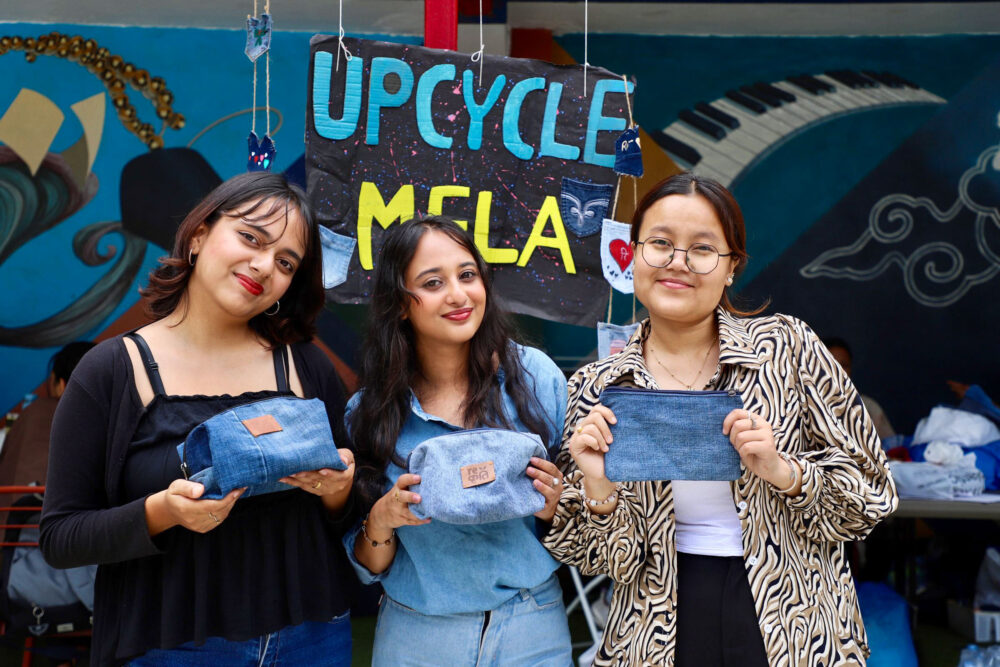




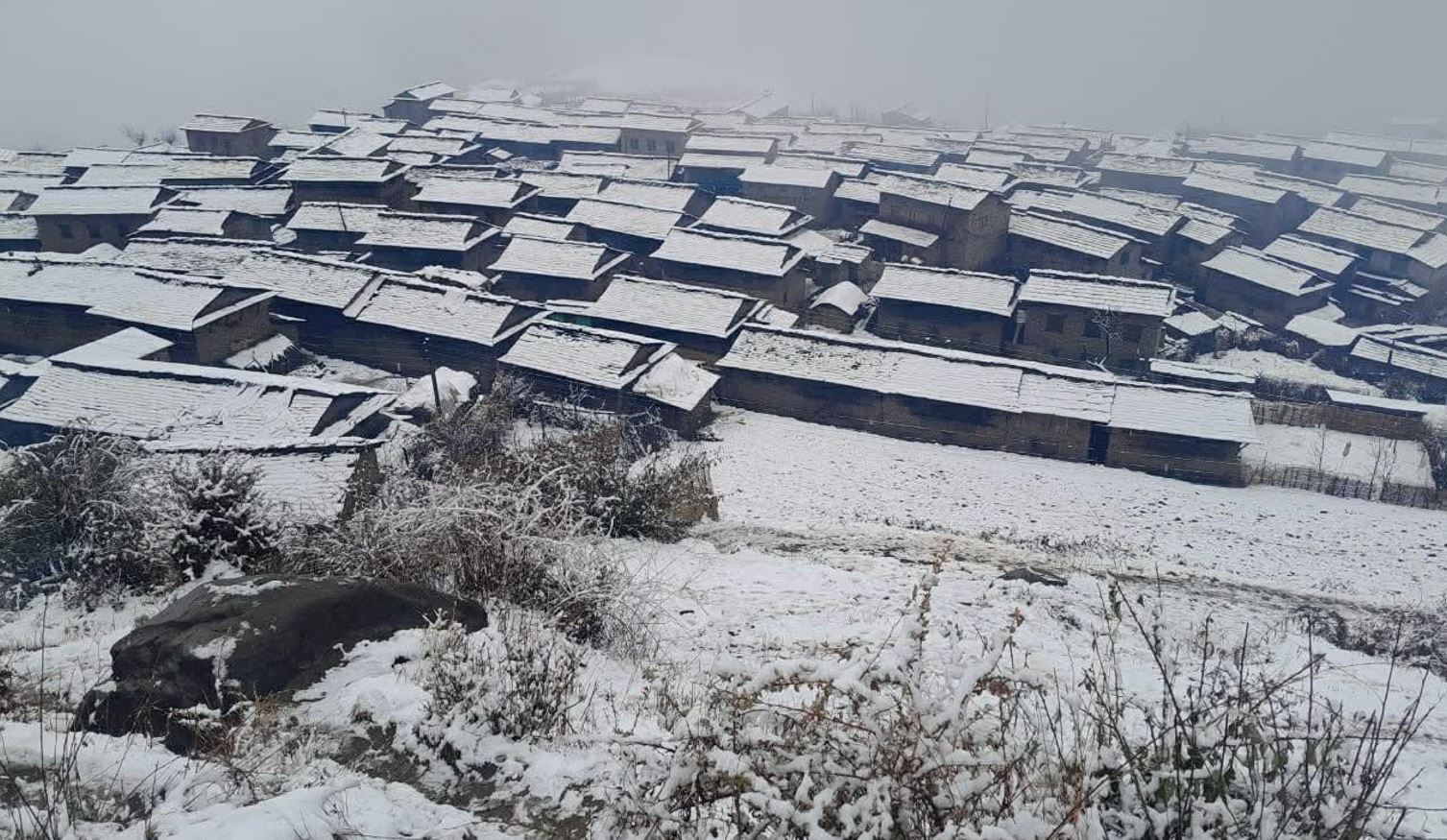

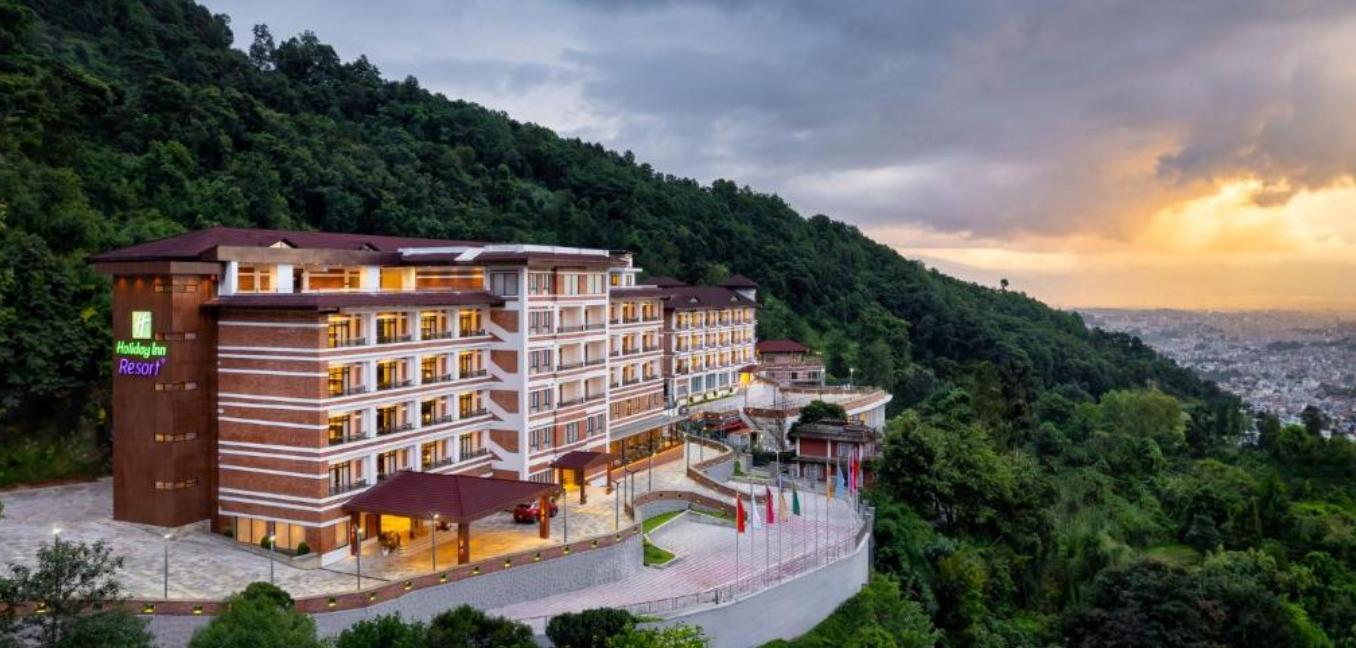

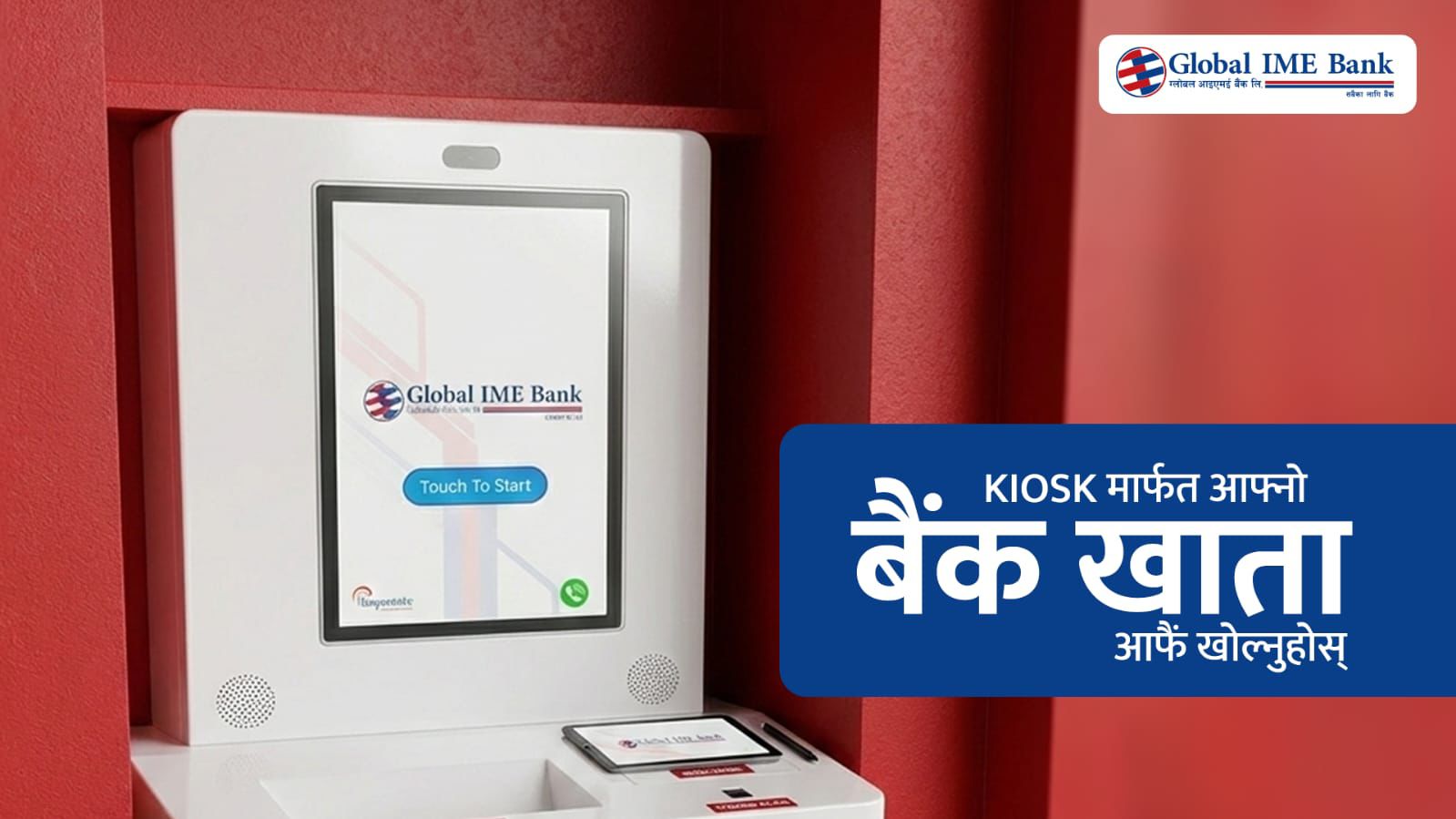





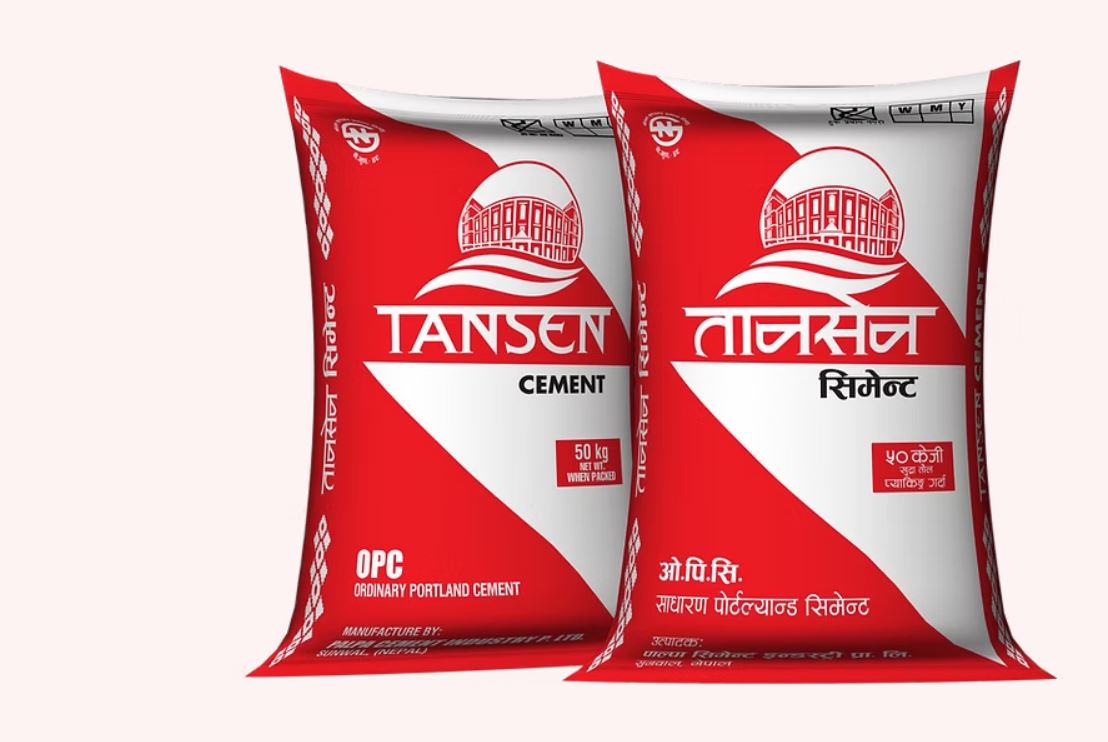
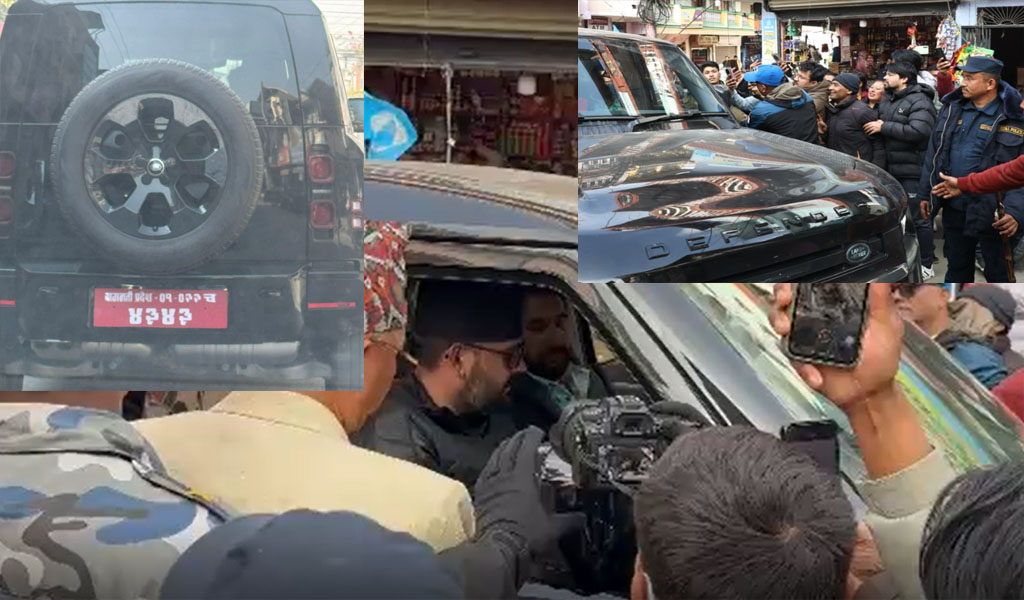

प्रतिक्रिया दिनुहोस्